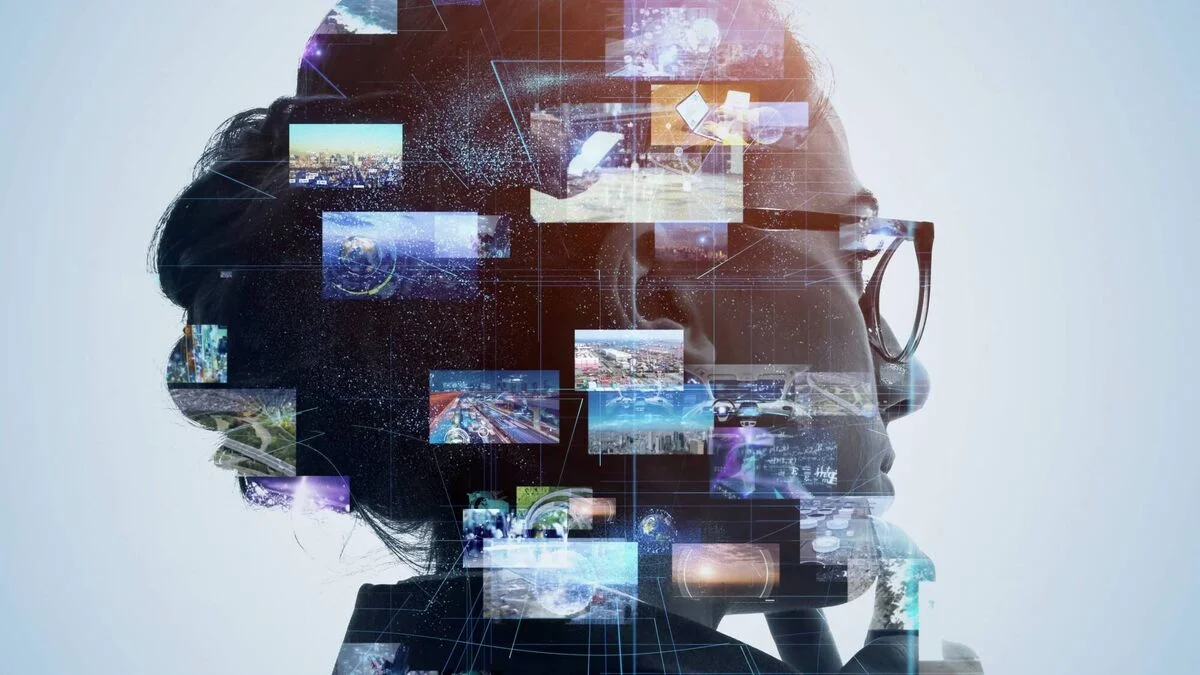What Is the Mandela Effect?
The Mandela Effect is a fascinating phenomenon in which a large group of people collectively misremember a particular event or fact. Named after the widespread false memory of Nelson Mandela’s death in the 1980s, despite his passing away in 2013, this effect has gained immense attention due to its perplexing nature.
How Did the Mandela Effects Start?
Origin and Naming
The term “Mandela Effects” was coined by Fiona Broome, a paranormal researcher, during a discussion about the shared false memory of Nelson Mandela’s death. It became a term to describe the collective misremembering of events or details.
Initial Observations and Theories
The inception of the Mandela Effect traces back to various instances where people fervently believed in memories that contradicted factual reality. Early theories suggested parallel universes or alterations in the fabric of reality.
Examples of the Mandela Effects
The Monopoly Man
Many recall the Monopoly game’s mascot, Mr. Monopoly, sporting a monocle. However, he has never worn one.
Sinbad’s Shazaam
A significant number of individuals remember a ’90s movie starring Sinbad called “Shazaam” as a vivid memory. Surprisingly, such a movie never existed.
“I Am Your Father”
The iconic line from Star Wars, “Luke, I am your father,” is often misquoted. The actual line is, “No, I am your father.”
“Mirror, Mirror”
The famous line from Snow White, “Mirror, mirror on the wall,” is often remembered differently from the actual, “Magic mirror on the wall.”
Berenstain Bears
Many recall the popular children’s book series as “Berenstein Bears,” yet the correct spelling is “Berenstain Bears.”
Looney Tunes
Numerous people remember the classic cartoon series as “Looney Toons,” whereas it’s actually “Looney Tunes.”
Why Does the Mandela Effect Happen?
False Memories and Their Triggers
The Mandela Effect largely stems from the fallibility of human memory. Our brains reconstruct memories, making them susceptible to alterations over time.
Psychological Factors Contributing to the Phenomenon
Trauma, social influence, and cognitive biases like confabulation contribute to the creation and reinforcement of false memories, leading to the Mandela effect.
A Quick Review and Summary
The Mandela Effect challenges our understanding of memory, perception, and the complexity of human cognition. It highlights how susceptible our memories are to external influences and internal biases.
Conclusion
In conclusion, the Mandela Effect showcases the intricate workings of human memory and cognition. It’s a reminder of how our perceptions can diverge from reality, prompting further exploration into the mysteries of the mind.
FAQs
Q1: Can the Mandela Effects be explained by scientific theories?
Scientifically, the Mandela Effect is attributed to memory errors influenced by various psychological and social factors.
Q2: Is the Mandela Effect a recent phenomenon?
While the term emerged in the 2000s, instances of collective false memories have been observed throughout history.
Q3: Can the Mandela Effect impact personal beliefs?
Absolutely. It challenges one’s trust in memory, leading to questioning personal beliefs and perceptions.
Q4: Are there ongoing studies or research on the Mandela Effects?
Yes, psychologists and researchers continue to study this phenomenon to better understand memory and cognition.
Q5: How can one distinguish between a true memory and a false one?
Differentiating between true and false memories can be challenging. Fact-checking, corroborating evidence, and acknowledging cognitive biases can aid in discernment.





